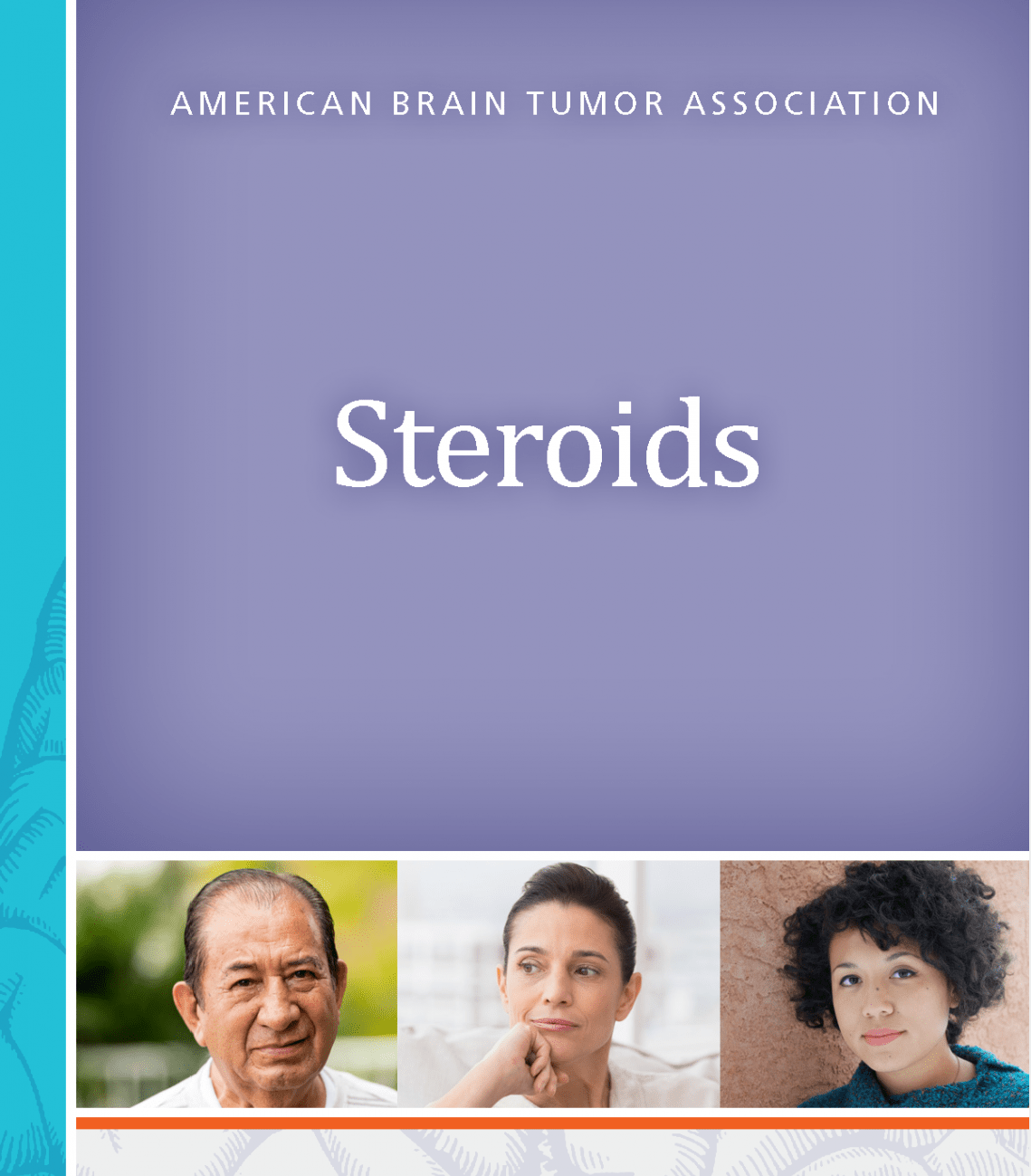Chondrosarcoms are bone tumors that can occur in any bone in the body. They are found in the skull base (the area under the brain and behind the eyes and nose) between 1-6% of the time. There are several different types of chondrosarcomas, but the most common are conventional, myxoid, mesenchymal, and undifferentiated. Most chondrosarcomas are low-grade (grade 1 or 2) and rarely high-grade (grade 3).
Location
Chondrosarcomas affecting the central nervous system are most commonly found in the skull base, which is located under the brain and behind the eyes and nose.
Symptoms
The most common symptoms of l chondrosarcomas found in the central nervous system may include headaches, double vision, facial numbness, hearing changes, or dizziness.
Treatment
Chondrosarcomas are treated according to the grade of the tumor. Most tumors require surgical removal (resection) followed by radiation therapy.
There are two methods of surgical removal to remove skull base chondrosarcomas: open and endoscopic. Open surgery involves temporarily removing a piece of the skull to remove the tumor. Endoscopic surgery is performed by introducing an instrument to remove the tumor without opening the skull, usually by going through the nasal cavity. A combined approach uses both techniques to remove as much of the tumor as safely as possible.
Radiation therapy can be used alone but is typically used after surgical removal of the tumor. Chondrosarcomas are more resistant to radiation therapy than other tumor types, so higher doses may be required. Doctors may use a different type of radiation therapy to minimize side effects.
While chemotherapy is not frequently used to treat chondrosarcomas, some tumors that have metastasized (spread outside of the skull base) or are aggressive (mesenchymal or undifferentiated) may be treated with chemotherapy.
Prognosis
Prognosis means a prediction of outcome. This information is usually based on information gathered from groups of people with the same disease. It is important to remember these statistics are not individualized.
Since chondrosarcoma is a rare tumor, the overall long-term outcomes are not well known. One study (233 patients) found the median 5-year and 10-year survivals to be 94% and 84% respectively. The authors also found that in more than 1300 patients, roughly 17% experienced disease recurrence.
Incidence
Chondrosarcomas are rare and make up around 10% of all bone tumors. Between 1-6% of chondrosarcomas are found in the skull base, with an incidence of less than 1 per 100,000 people each year.
Age distribution
Although the age of diagnosis can range from 18-85 years old, chondrosarcomas are most commonly found in people aged 30-50 with a median age of 42.5 years.
Risk factors
The risk factors for chondrosarcomas affecting the central nervous system are not well understood. However, people with Ollier’s disease, Maffucci syndrome, or Paget’s disease are at greater risk for developing this tumor.
Molecular profile
Molecular profiling is the detection of specific genes, proteins, or other molecules in a tumor. This information helps confirm tumor diagnosis, inform treatment options, and predict prognosis.
Due to their rarity, little is known about the molecular profile of chondrosarcomas, but researchers are working to better understand them.
Additional Resources
Content last reviewed:
October 2023 by Spencer Maingi, BS and Erin Dalka, MD.




















